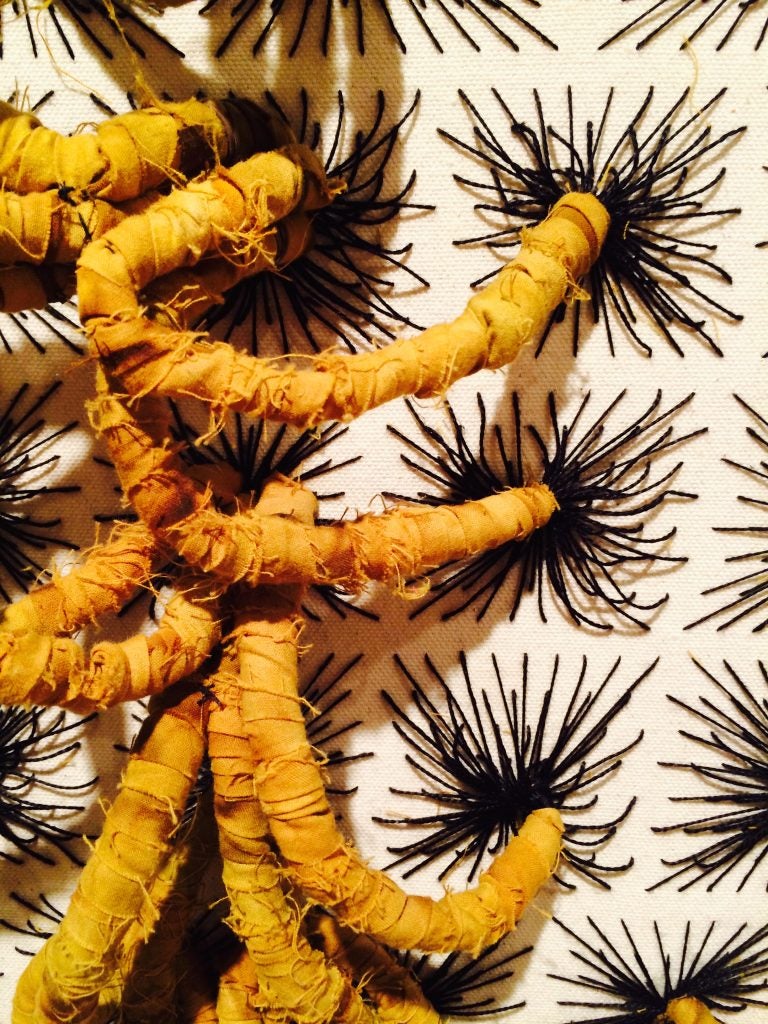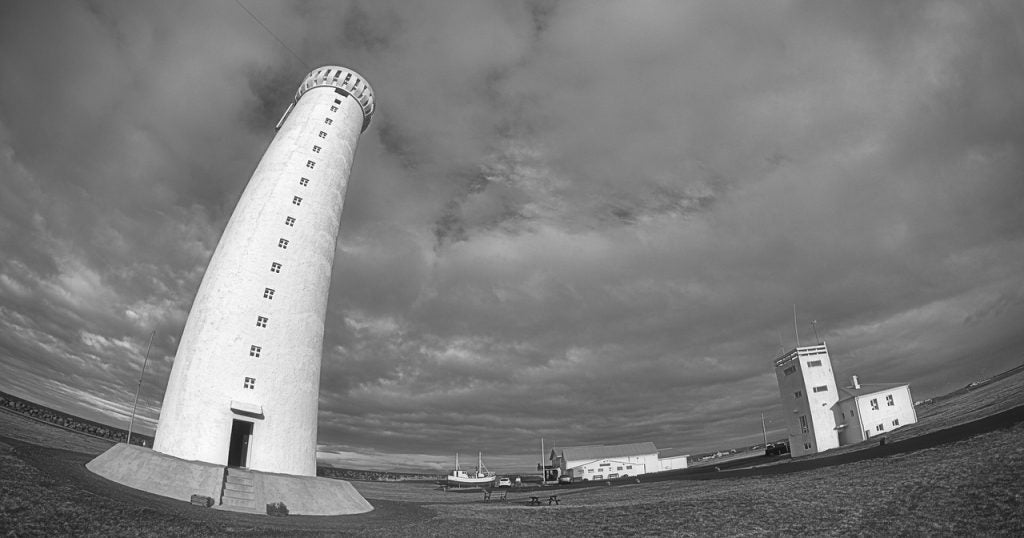Poiesis: On Drawing
Ideation should always be this concise and rewarding. Many of those maps I have kept and found again and again. They end up, intact, as a bookmark for Flaubert, or at the bottom of my bedside table drawer under loose change and a pocket knife. As urgent as the notes are made, their meaning, for the life of me, has been all but lost. They are still so compelling that one can make a painting directly from them. My own thoughts dial around their archaic symbols and half-words, the key of which had been pantomimed on a cold snowy walk or cupped into a rolled-down car window—If you see this, you will know.
Poiesis: On Drawing Read More »
Ideation should always be this concise and rewarding. Many of those maps I have kept and found again and again. They end up, intact, as a bookmark for Flaubert, or at the bottom of my bedside table drawer under loose change and a pocket knife. As urgent as the notes are made, their meaning, for the life of me, has been all but lost. They are still so compelling that one can make a painting directly from them. My own thoughts dial around their archaic symbols and half-words, the key of which had been pantomimed on a cold snowy walk or cupped into a rolled-down car window—If you see this, you will know.








